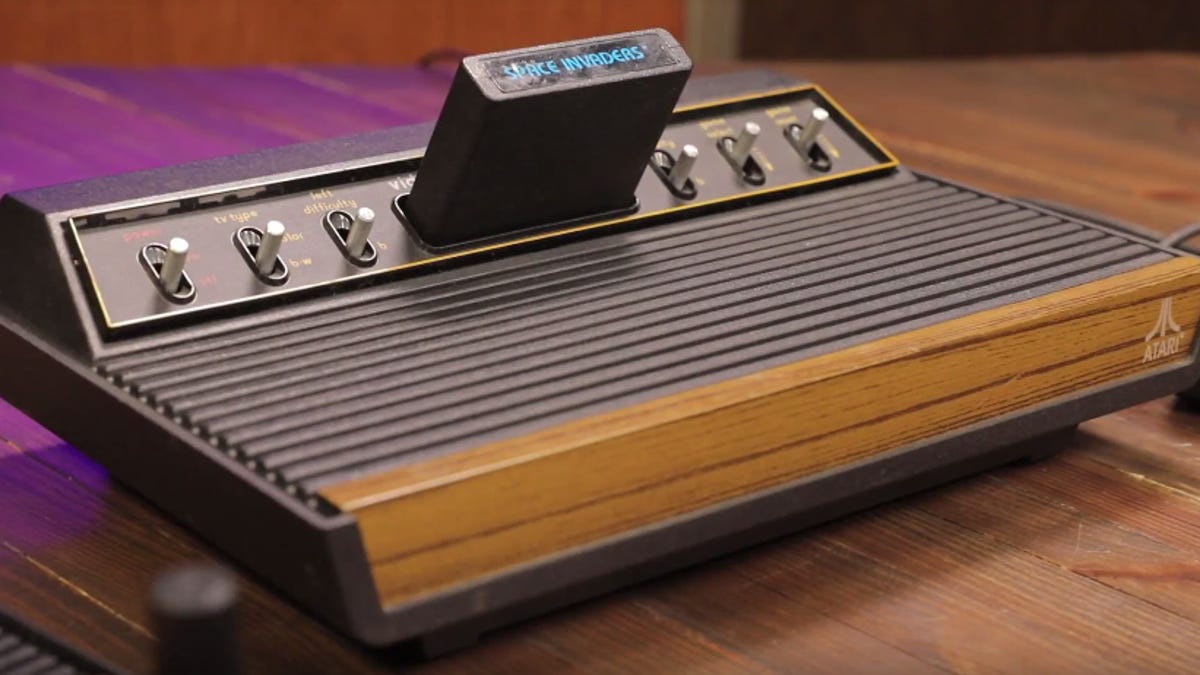ChatGPT, OpenAI's popular AI chatbot, suffered a decisive defeat against a 46-year-old Atari 2600 chess program when researcher Stephen Cobb pitted the two systems against each other in March 2024. During the experiment, the gaming console won five out of six matches, with ChatGPT securing only a single victory, representing an 83% loss rate for the AI. Cobb specifically conducted this experiment to test language models' capabilities in strategic games like chess, where deep, forward-planning thinking is essential.
The Atari 2600 Video Chess program, released in 1978 with just four kilobytes of memory, significantly outperformed the modern AI chatbot despite the GPT-4-based system having more than 1.76 trillion parameters. Stephen Cobb, a researcher at SONAR (Security Operations, Network Analysis and Research), documented the matches in detail and described ChatGPT's performance as being absolutely wrecked. The AI model's failure primarily stemmed from its inability to recognize fundamental chess moves such as checkmate, frequently suggesting invalid moves – ChatGPT made an average of 3.3 illegal moves per game throughout the matches, demonstrating inadequate understanding of chess rules.
The experiment results revealed serious limitations in language models' strategic thinking, particularly in chess where precise rule-following and forward planning are critically important. According to CNET's report published on March 4, 2024, the findings challenge language models' general problem-solving abilities, while the 46-year-old technology with four kilobytes of memory proved sufficient for accurately following chess's basic rules. Although GPT-4 excels in numerous domains, chess and similar strategic games continue to present significant challenges for AI chatbots.
Sources:












